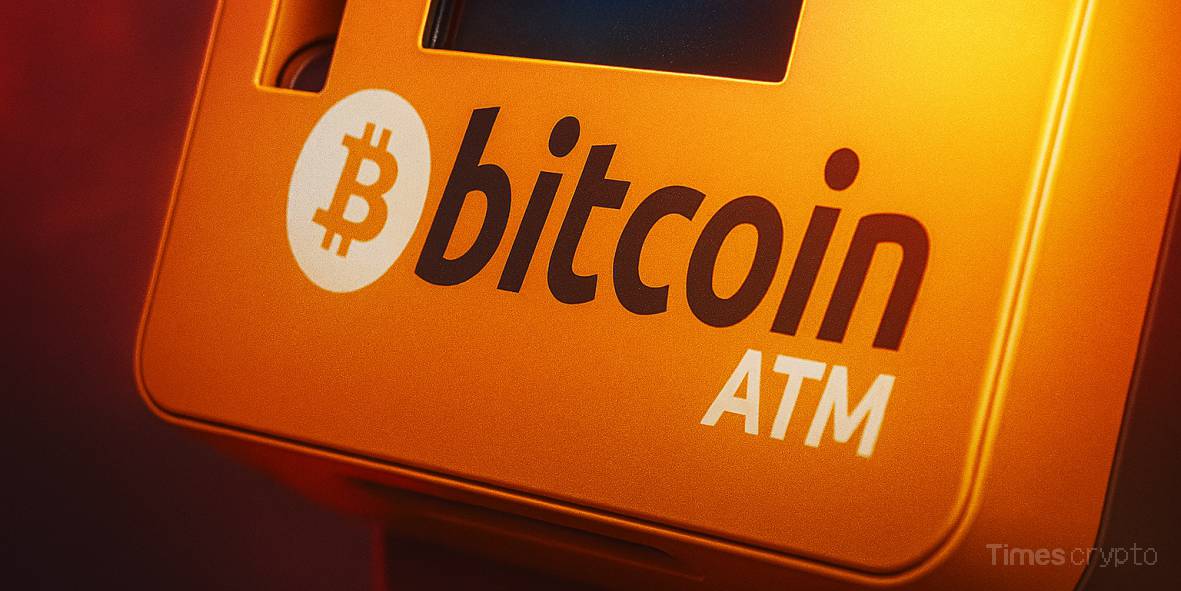Key Takeaways
- FinCEN reports crypto ATM scams nearly doubled in a year, with elderly users losing millions.
- DEA says drug cartels are using kiosks to launder proceeds quickly and anonymously.
- Over a third of kiosk operators in key states lack AML registration or compliance controls.
- Regulators urge banks to monitor kiosk-linked transactions amid rising abuse and expansion.
The U.S. Treasury’s Financial Crimes Enforcement Network (FinCEN) has issued a new notice highlighting the increased use of cryptocurrency kiosks, which are often marketed as user-friendly crypto ATMs, to facilitate fraud and money laundering schemes, particularly those targeting elderly Americans
$247 Million in Losses: Crypto Kiosk Fraud Nearly Doubled in 2024
In a new notice issued on Monday, the Financial Crimes Enforcement Network (FinCEN) reported that complaints involving crypto kiosks nearly doubled last year, reaching over 10,900 cases with consumer losses nearing $247 million.
According to the report, scams often target older users, who are instructed by fraudsters posing as officials or support agents to deposit large sums into kiosks. Once transferred, the funds are immediately redirected to wallets controlled by the scammers.
Criminals Tap Kiosks for Fast Cross-Border Laundering
Beyond consumer fraud, the notice warned that kiosks are being used to launder drug proceeds.
The Drug Enforcement Administration (DEA) noted that individuals and major criminal organizations are using these machines to rapidly move money across borders.
1 in 3 Operators Found Non-Compliant
FinCEN noted that many kiosk operators fail to comply with anti-money laundering laws, despite federal rules requiring them to register as money services businesses.
“Investigations have uncovered cases of unregistered businesses, misleading financial disclosures, and structured transactions designed to evade reporting thresholds, with more than one-third of kiosk operators in New Jersey found to be non-compliant, according to a 2021 report.”
From 4,000 to 37,000: U.S. Crypto ATMs Boomed in Six Years
According to industry data, the number of crypto ATMs in the United States grew from just over 4,000 in early 2019 to more than 37,000 at the start of this year.
While these machines offer a streamlined entry point into crypto markets, authorities say the current regulatory framework has left loopholes open for exploitation.
What can be done?
FinCEN stressed the need to increase regulatory scrutiny of physical crypto infrastructure, as agencies intensify enforcement across the broader digital asset sector.
In its notice, the agency called on banks and financial institutions to strengthen transaction monitoring, assess their relationships with kiosk operators, and coordinate more closely with law enforcement to identify and report suspicious activity linked to crypto ATMs.
While institutional oversight is central, public awareness remains equally important, particularly among older individuals who are frequent targets of fraud.
Consumers should be cautious when asked – often through unsolicited phone calls or emails – to make payments using cryptocurrency kiosks. They should avoid scanning QR codes or sending funds to unknown recipients, especially when under pressure.
Common scams include impersonation of government officials, fake technical support, and fabricated financial threats.
As the number of crypto kiosks grows across the United States, the associated risks are rising in parallel. Greater oversight, improved safeguards, and increased user awareness are all necessary to prevent the continued misuse of these machines.
Read More: Shocking LuBian Bitcoin Hack: How $3.5B Vanished in Crypto’s Biggest Heist



